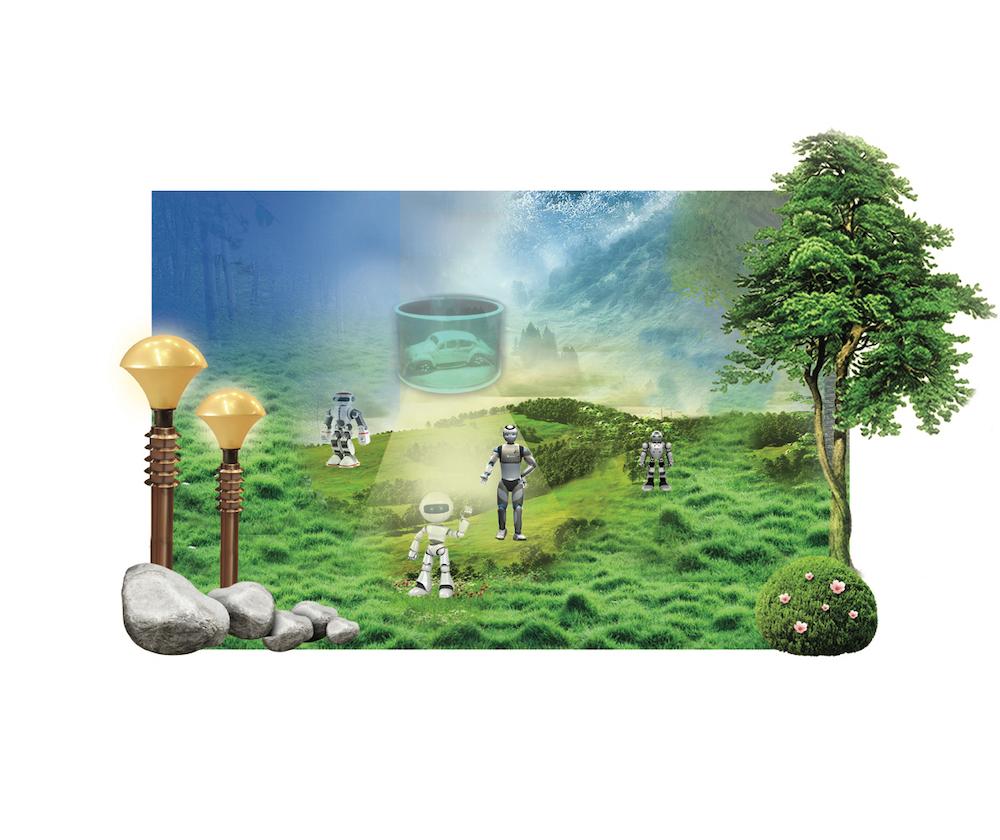Imaging the Black Box: Tara Kelton’s Portraits of Uber as Imagined by Its Drivers
Tara Kelton is an Indian-American artist whose work probes the traditional figure of the artist (and craftsperson) in relation to the digital. Through her various projects, she engages with media networks of global capitalism as well as the ever-increasing flood of data, automation and mechanisation in the cultural production of contemporary times. For instance, her recent work Yes My Wish, documents her buying a Hindu religious ceremony from an Indian e-puja website for the fulfilment of her “wish to be famous.” In another work titled Perspective Corrected Cezanne, she presents a version of the painting Still Life with Milk Jug and Fruit by the impressionist painter Paul Cezanne. This version has been altered by Kelton using the perspective correction function available on popular image manipulation software like Photoshop.
For the work Black Box—featured here—Kelton interviewed multiple Uber drivers in Bengaluru. She asked them to describe the company—where they imagine Uber is located, what the company looks like and who runs it. She then hired local photography and graphic design studios in Bengaluru to interpret and visualise these descriptions. The resulting images present a collage of the hopes and dreams of Uber’s remote employees. Through kitschy overlays of stock photographs of white executives, nature and luxury furniture; the images reveal a vision of the mythical western Multinational Company (MNC). Robots, surveillance cameras and picturesque sunsets occupy the same frame in these imagined portraits. The output comprises of a series of interpretive gestures that work together to highlight the nature of neoliberal industrial relations. It foregrounds the distance between people engaged in the precarious gig economy. Combined with this, the “sharing economy” of companies like Uber provide employment opportunities to millions of economically vulnerable workers—through the interface of a mobile application—while almost never coming in to physical contact with one another.
In computing, a black box is a device or system which can be viewed in terms of its inputs and outputs (or transfer functions), without any knowledge of its internal workings. The title of the work references this frenzied growth in dominant technological systems today, that are completely opaque to their users. As such, these imagined portraits are a vernacular expression of this alienation and distance. They represent not the real company Uber, but Uber as a colourful black box—one that obscures its identity behind a new vernacular, third-world mythology.
All images by Tara Kelton.
Click on the image to view the album





